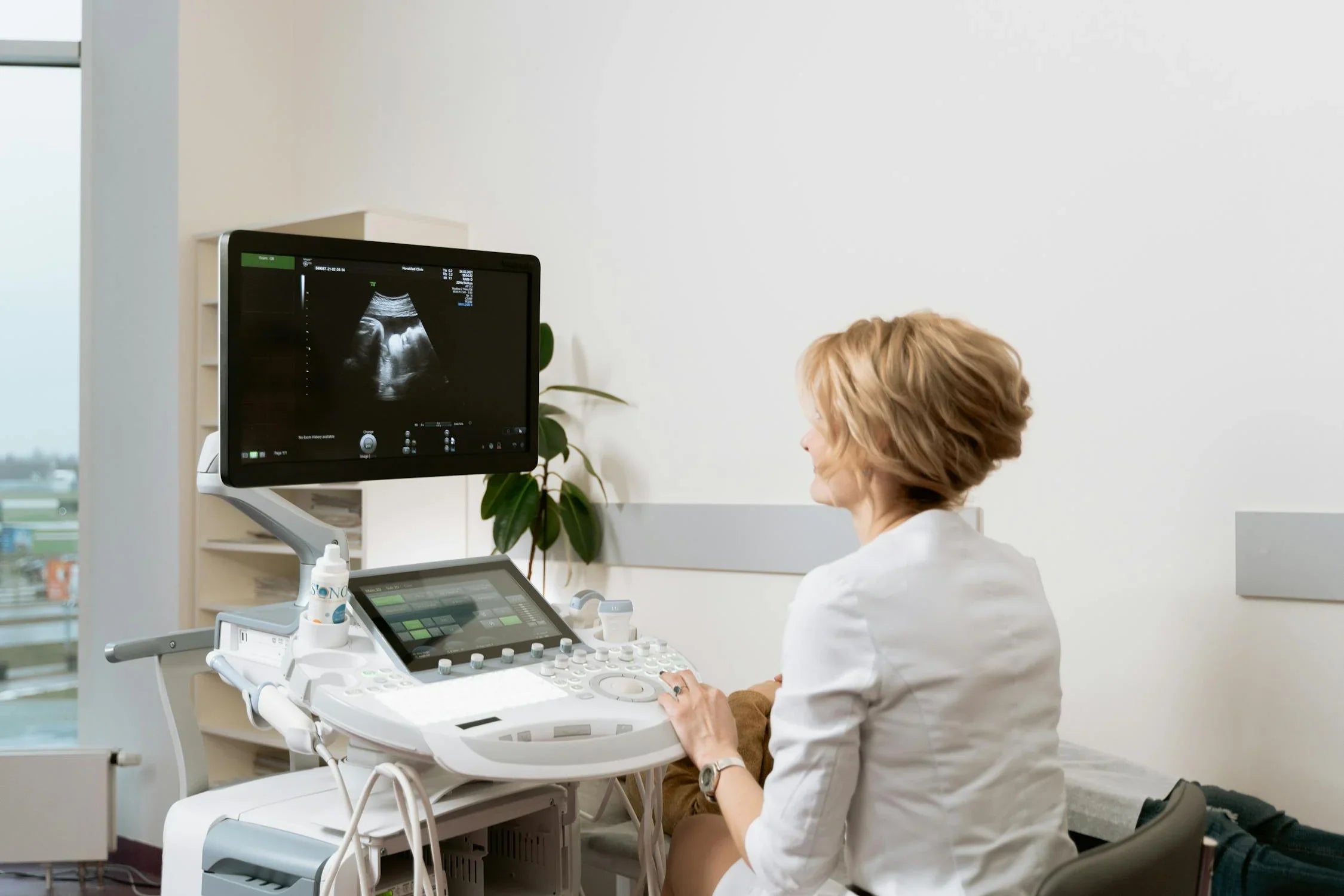Inicio
Pregnancy, Breastfeeding, and Pumping: The Ultimate Guide for Moms
Can Drinking a Lot of Water Affect a Pregnancy Test?

Can Drinking a Lot of Water Affect a Pregnancy Test?
When it comes to taking a pregnancy test, timing and preparation are crucial. But did you know that something as simple as drinking a lot of water could potentially affect the outcome? Understanding the relationship between hydration and pregnancy test accuracy is essential for anyone trying to conceive or confirm a pregnancy. Let’s dive into the science behind it and explore how your water intake might play a role in the results.
How Pregnancy Tests Work
Pregnancy tests detect the presence of human chorionic gonadotropin (hCG), a hormone produced by the placenta shortly after implantation. This hormone is present in urine and blood, and its levels increase rapidly in the early stages of pregnancy. Most home pregnancy tests are designed to detect hCG in urine, making them convenient and accessible for early detection.
The Role of Hydration in Test Accuracy
Hydration levels can significantly impact the concentration of hCG in your urine. When you drink a lot of water, your body processes it and increases urine output. This can dilute the concentration of hCG in your urine, potentially making it harder for the test to detect the hormone. While this doesn’t mean the test will be completely inaccurate, it could lead to a false negative if the hCG levels are too diluted to register.
Best Practices for Taking a Pregnancy Test
To ensure the most accurate results, it’s recommended to take the test first thing in the morning when your urine is most concentrated. This is because hCG levels are typically higher in the morning, and your urine hasn’t been diluted by fluids consumed throughout the day. If you must take the test later in the day, try to limit your water intake for a few hours beforehand to avoid diluting your urine.
Other Factors That Can Affect Test Results
While hydration is an important factor, it’s not the only one that can influence the accuracy of a pregnancy test. Medications, certain medical conditions, and even the timing of the test relative to ovulation can all play a role. Always read the instructions carefully and consider consulting a healthcare professional if you’re unsure about the results.
When to Retake the Test
If you suspect that drinking too much water may have affected your test results, consider retaking the test after following the recommended guidelines. Waiting a few days can also allow hCG levels to rise further, increasing the likelihood of an accurate result. Remember, patience is key when it comes to confirming a pregnancy.
Understanding how hydration impacts pregnancy test results can help you take the necessary steps to ensure accuracy. By following best practices and being mindful of your water intake, you can increase your chances of getting a reliable result. Whether you’re hoping for a positive or negative outcome, knowledge is your best ally in this important journey.
Compartir

